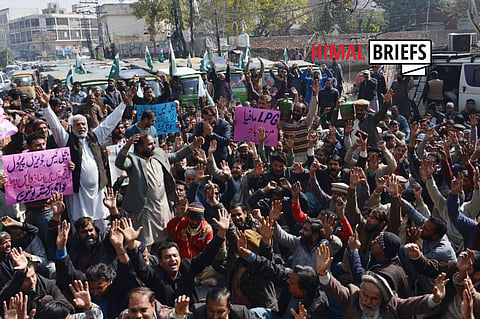Pakistan’s IMF bailout is not without political consequences
On 12 July, after almost a year of lengthy negotiations and numerous political and economic ups and downs that saw Pakistan on the verge of sovereign default multiple times, the board of the International Monetary Fund (IMF) approved a USD 3-billion stand-by agreement with Islamabad – the first part of a larger promised bailout. The purpose of this agreement, as the IMF itself said, is "to stabilize the economy and guard against shocks while creating the space for social and development spending." But, while the IMF is interested in managing Pakistan's economy, it is also very interested in managing Pakistan's politics in order to ensure that its suggested reforms – "a market-determined exchange rate to absorb external pressures, and further progress on reforms related to the energy sector, climate resilience, and the business climate" – have political purchase and longevity. Crucially, this means making sure these reforms have a life beyond the country's looming general elections, expected to take place in November, and are implemented even if a different political party comes to power in place of the incumbent Pakistan Muslim League-Nawaz. The IMF seems determined to get the most out of its money.
Before the IMF board gave its approval, IMF representatives met officials of both the Pakistan People's Party and Imran Khan's Pakistan Tehreek-i-Insaf (PTI) – the latter party still beaten and bruised after a confrontation with the ruling government and the military, which Khan has accused of pushing him out of power. It was reported that the IMF team met these parties to seek assurances of support for the approved programme.

